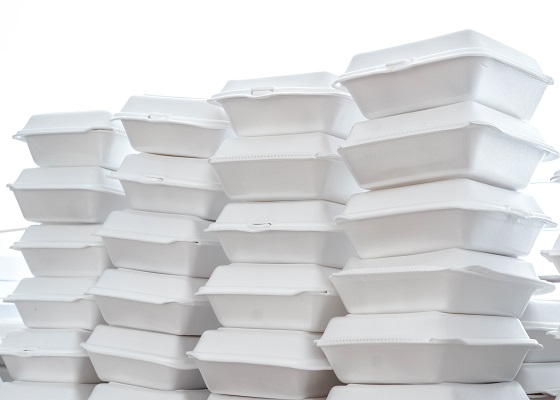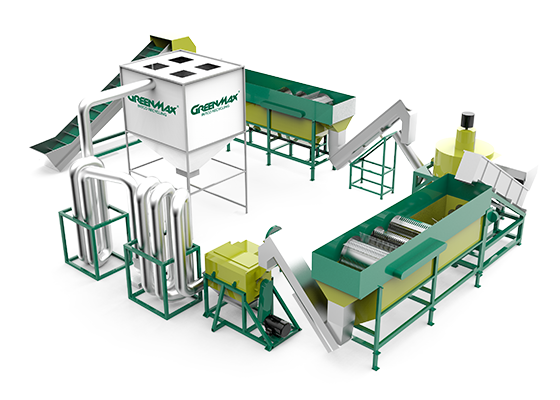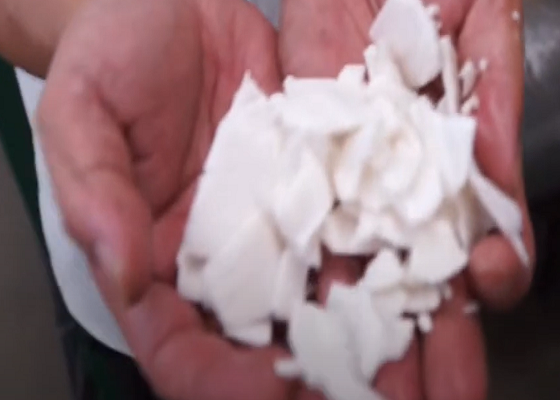Can dirty foam meal boxes be recycled? -GREENMAX washing recycling system will give the answer
According to the Ocean Conservancy, Americans use 5.6 billion pieces of plastic foam annually, and their recycling systems are contaminated with over 2.4 billion pieces of plastic foam foodware. According to the Ocean Conservancy, plastic foam is among the top five objects that frequently contaminate Washington's beaches and rivers. "When you crunch or break apart a cup or takeaway container, you can see that it's composed of these tiny little beads of this foam. It's also really fragile. As a result, it breaks very readily and releases thousands upon thousands of those microplastics into the environment if it is struck by a rock, a wave, or an animal.

Foam meal boxes are the most controversial plastic packaging among all foam packaging, because people think that this kind of packaging is dispensable and does not have a strong uniqueness, and can be completely replaced by degradable materials. However, one thing that needs to be noted is that foam meal boxes have a long history in this field, so they must have irreplaceable value. The most well-known of them is the thermal insulation and fresh-keeping properties. If the foam packaging of the video is replaced rashly, food safety issues may become the most worrying issue. So can foam meal boxes be recycled after use? Will the stains on it affect the quality of the recycled materials? GREENMAX washing recycling system will give the answer

In order to solve the problem of difficulty in recycling foam lunch boxes, GREENMAX washing recycling system has specially designed a large-scale recycling equipment for EPS foam lunch boxes that integrates cleaning, crushing and compression. First, the foam meal boxes that need to be recycled are placed on the conveyor belt, and then the waste will be sent to the crushing device for crushing, then washed twice, followed by drying, and finally hot-melt compression to achieve truly efficient recycling. The foam lunch boxes washed by the GREENMAX washing recycling system are very clean. After compression, the volume becomes one-90th of the original size, and the dense foam ingots will be sold.

The GREENMAX washing recycling system has been put into use in South America and Australia and has been well received. It especially solves the problem of difficult recycling of dirty foam lunch boxes and breaks the rumor that foam lunch boxes cannot be recycled.
